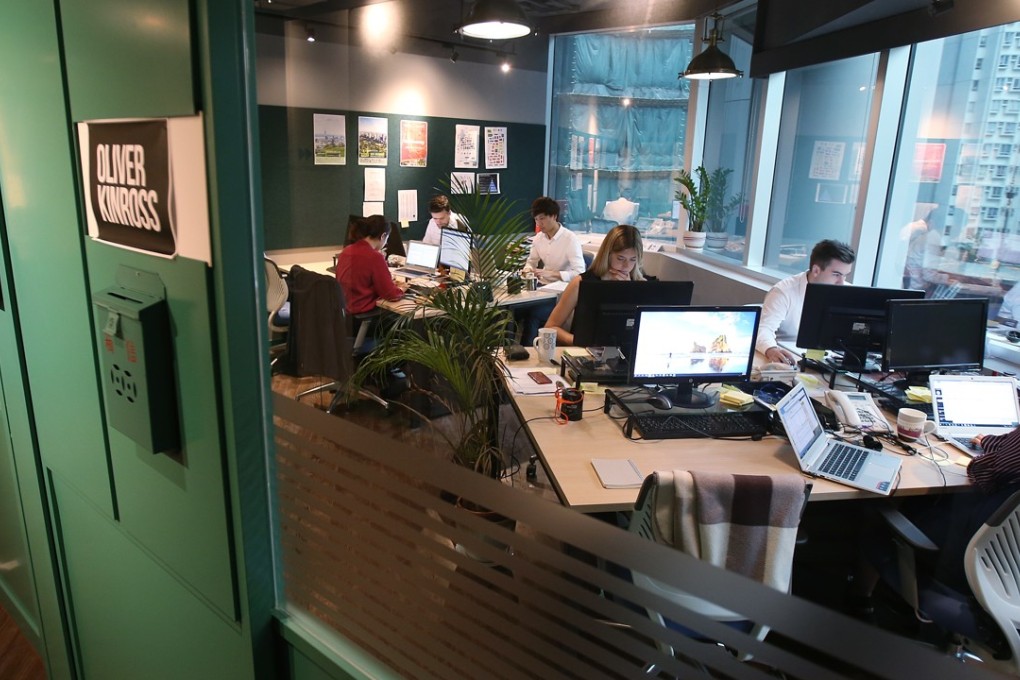Concrete Analysis | Co-sharing work spaces attract high revenues – but they also carry risk
As the entrepreneurial and freelance economies continue growing, so will co-sharing, says Polly Chu, a partner at global law firm Withers in Hong Kong. But it’s vital to be fully aware of all the business and legal issues involved

The concept of a co-sharing economy has become increasingly prevalent, for both physical objects but also for commercial work space.
This growth in the “sharing culture” means we have seen a heavy sprinkling of spectacular interior designs emerge, offering top-end lifestyle amenities such as gyms, shops, cafes and restaurants housed within buildings, to allow higher-quality spaces to be created.
Although this represents a burgeoning business opportunity, given the strong market demand and high investment returns, it also raises several areas of accompanying business risk.
Rather than owning a property in Hong Kong, most operators run their business within rented premises.
First they often have to pay high amounts for decoration and initial deposits, coupled with insurance and marketing expenses to attract customers, members, sub-tenants and investors.
They may also have to organise social activities for tenants such as yoga classes and educational seminars, and always maintain high standards in common areas.
